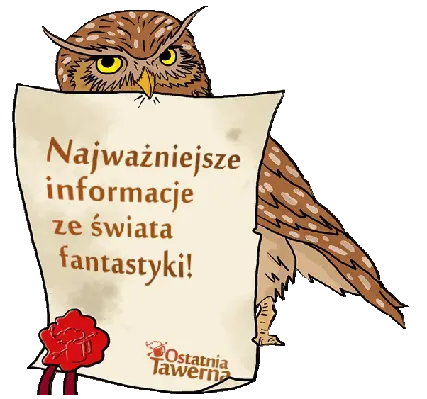Collections of short comics are something that native authors love, which is why there are many anthologies available on the Polish market. It is not easy to maintain a high level with a lot of competition, but the Animation Foundation strives to make their creations unique!
Praga is one of the districts of Warsaw – for years a bit despised and in the eyes of Warsaw residents perceived as an unattractive place. Currently, it turns out that due to its specific climate, it has become the last mainstay of the capital’s folklore and dialect. Members of the Animacja Foundation have long been fighting to preserve for posterity both the memories of the local residents and their way of speaking or being. They record hundreds of interviews with seniors, organize meetings and make sure that the memory is not lost. The result of their activities are three comics from the Praga Gada series – collections of short stories drawn by famous artists based on recorded interviews. They concern the pre-war period, World War II and the post-war period. This time it was the turn of the next trilogy – Praga Gada Wiechem. It was created to commemorate the figure of Stefan Wiechecki. For years, he was the main advocate of both the dialect and the lifestyle so characteristic of Prague. The idea was born mainly due to the fact that this renowned writer called Wieche and his essays and articles appeared very often in interviews with seniors.

The whole is divided into three volumes – stories about buzz, progress and neighborly relations. It is not a clear division and the nature of the story is very similar in all parts. The plots are a loose interpretation of Wiechecki’s work – thanks to them we can get to know not only his heroes, but also see the world as he saw it himself. The bustling streets of right-bank Warsaw are pouring out of the frames. Charismatic characters, markets, closed yards teeming with life, but also neighborly help, scams and thefts. The reader will see what reality looked like years ago, and which we know only from stories. You can learn about the advantages and disadvantages of living in a district that is avoided by visitors.
The stories take place at different times – everything depends on the memory of seniors and the content of Wiech’s columns. The authors therefore provide a cross-section for almost one hundred years, which shows the changes taking place in the vicinity of martial law, showing the differences between the past and the present. After reading it, it is easy to conclude – this lifestyle is gone forever. Can the activities of the Animation Foundation change anything here?
Notable Polish and foreign artists are responsible for the graphics. We have here, among others, for years adored for children’s comics, Sławomir Kiełbus or Mirosław Urbaniak, Mexican horror creator Tony Sandoval or Italian Alberto Pagliaro, but also a well-known satirist – Edward Lutczyn. Such a band could not fail, so Praga Gada Wiechem (also thanks to the quality of the edition, with high-quality paper, print and hardcover) looks beautiful. There is a full cross-section from classic black and white comics created with a pen, through painting visions to plasticine cut-outs! The only contrast is the covers that show a completely different style than any of the works inside.

All volumes have extensive descriptions of both Wiech’s life and the creation of the idea for interviews and comics. This is an interesting complement to the actual content, although the reader may get the impression that they were created without much order and constitute a rather loose record of thoughts.
Therefore, if you are interested in the history of post-war Poland and the life of certain subcultures and their dialects, Praga Gada Wiechem will be one of the most interesting items on our market. Random but interesting scenarios, amazing graphics and numerous footnotes make these comics a pleasure to read. Their only disadvantage is availability, because the title cannot be purchased almost anywhere, so unfortunately for many it will become an unattainable object of desire.

